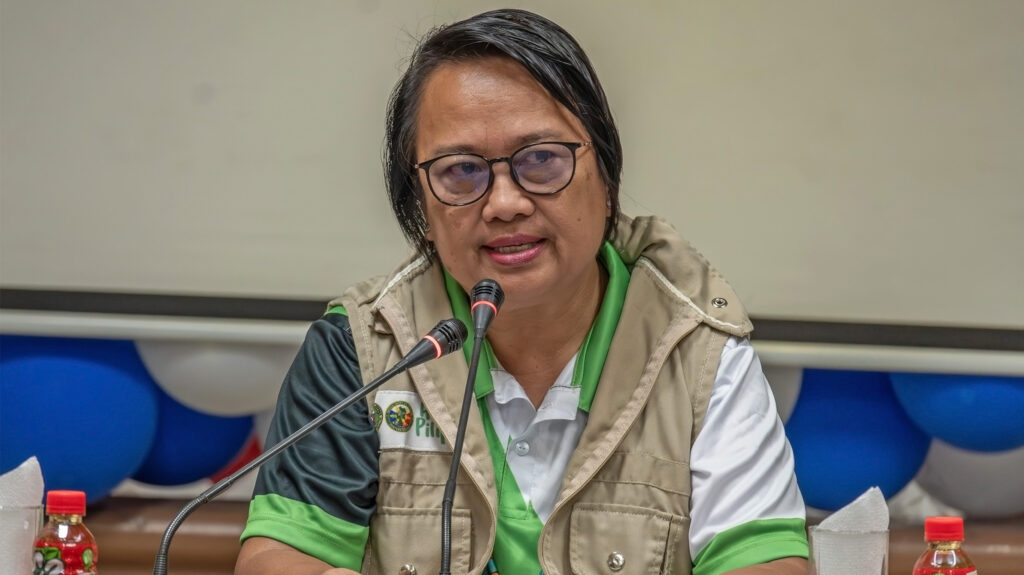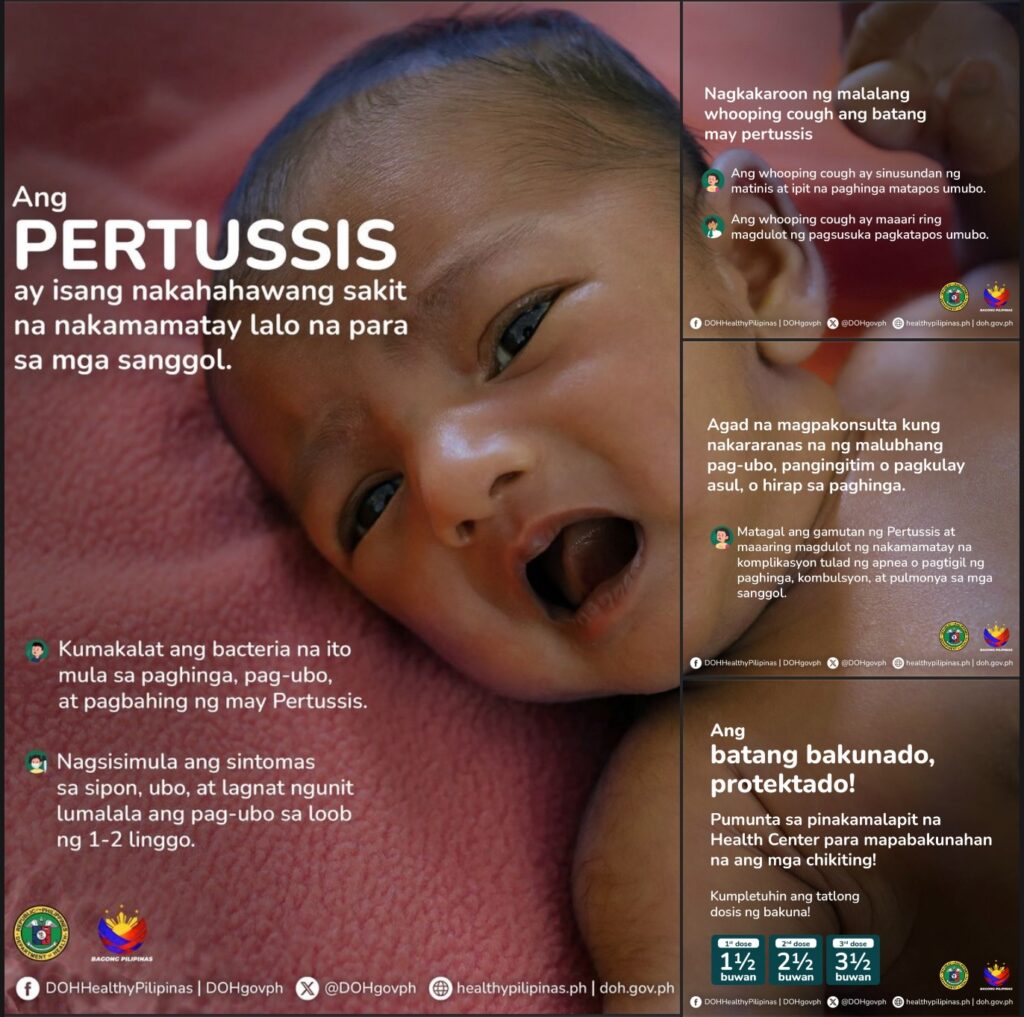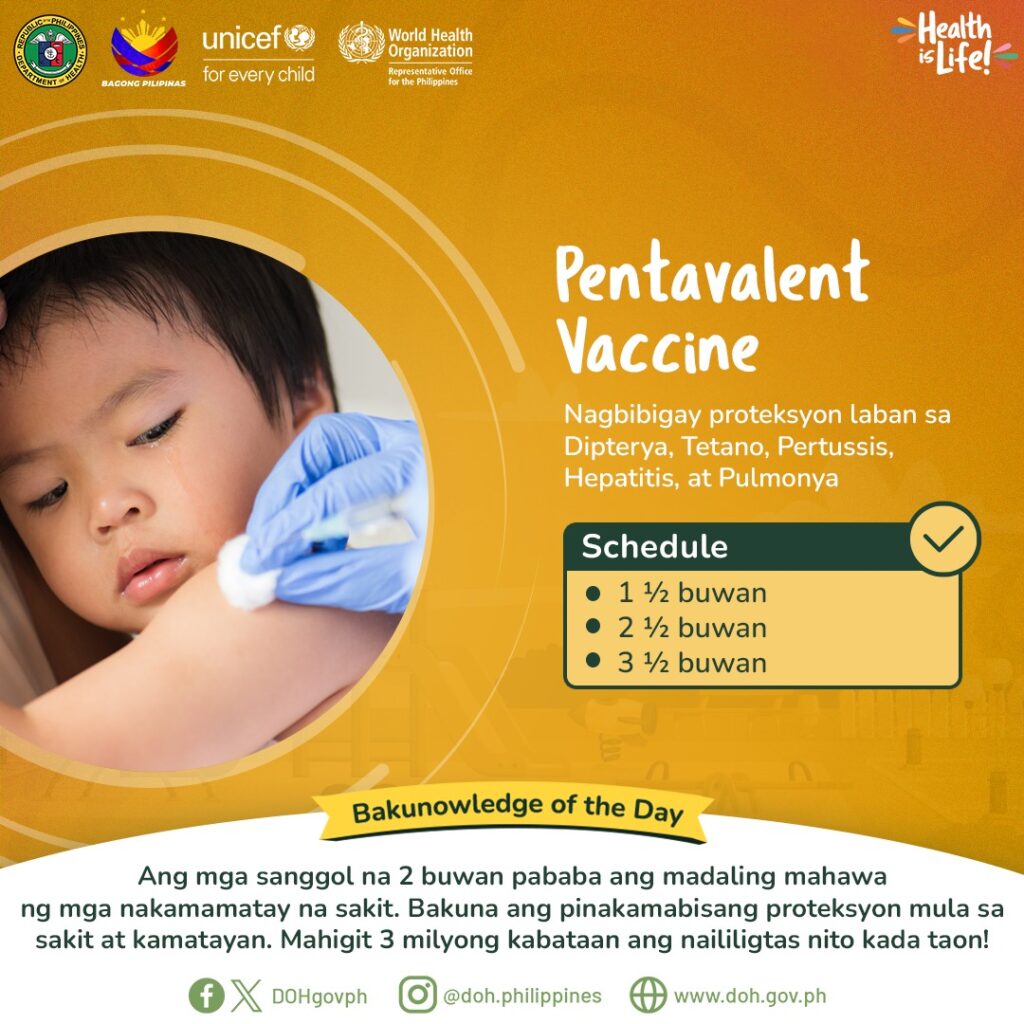Mildred (not her real name), a first-time mother from Pastrana, Leyte, is overwhelmed with fear and despair after her three-month-old baby fell ill.
The initial signs of her son’s sickness sent a chill down her spine: persistent dry coughs with a mild fever for weeks, difficulty breathing, and alarming bouts of vomiting. She’s feeling helpless as she watches her son suffer in agony.
She’s desperately looking for a solution to her son’s ailment. She sought guidance from an “albularyo,” a traditional healer, hoping to find relief for her son’s suffering.
She also sought her relative’s advice and explored herbal remedies in an attempt to alleviate her son’s condition. However, despite her efforts, her son’s health continues to deteriorate.
Mildred’s heart raced with panic as she frantically rushed her son to the hospital. The once mild coughing had escalated into violent fits, accompanied by the alarming sound of “whooping,” which echoed through the vehicle’s interior.
Her son’s skin had taken on a bluish hue, indicating dangerously low oxygen levels. She couldn’t help but fear the worst as she prayed for a miracle while speeding to the hospital.

Doctors quickly attended to her son, and after conducting some tests, they confirmed that he was suffering from pertussis. The medical professionals waste no time admitting him to provide an urgent medical intervention. The severe symptoms require immediate antibiotic treatment to ensure the best possible outcome.
The Department of Health (DOH) has reported an increase in the number of pertussis cases in the region. From January to April 6, there were 39 cases of pertussis, 38 of which were suspected, while one case was confirmed in Mildred’s son.
The report specified that most of the 26 cases are infants under one year of age, followed by eight cases in the age group of 5 to 10, four cases in the age group of 11 to 20, and one case above 21. It has been observed that most of these cases involve individuals who haven’t been immunized.
Dr. Jean Marie Egargo, office-in-charge assistant regional director of the DOH Eastern Visayas, underscored that “pertussis is a disease that can be treated and prevented. We have medicines for this illness and can do much to prevent it.”
Ma. Rosario Juntilla, the health promotion unit and health education and program officer III, has emphasized the importance of vaccination to parents. She mentioned that it is crucial to vaccinate our children, especially now that we are bringing them out, even after the COVID-19 pandemic. She suggested contacting private partners, such as hospitals, if the vaccine is unavailable in the nearest rural health unit.

The health department has responded quickly and effectively to these pertussis cases by conducting town hall sessions with barangay officials, barangay health workers, schools, and provincial health offices.
They have issued public health advisories to intensify the surveillance and monitoring of vaccine-preventable diseases and routine immunization. As a result, the region has been declared code-white on pertussis, indicating that the situation is under control but requires continued monitoring.
They advised the public to follow proper coughing etiquette, maintain hand hygiene, isolate socially if symptoms appear, and wear face masks. These measures are crucial in preventing disease spread because it is highly contagious and can result in serious complications, especially in children aged five and below.
Mildred’s son was finally discharged from the hospital, bringing a glimmer of hope to their dark situation. This experience made Mildred realize the vital significance of immunizations like the pentavalent vaccines in protecting her child’s health from preventable illnesses, such as pertussis.

Her experience helps us comprehend the importance of vaccination, as it shields individuals from infectious diseases like pertussis, lessens the severity of the illness if they contract it, and safeguards vulnerable populations. Parents or guardians must ensure their children receive the suggested vaccinations based on the immunization timetable. (AAC with reports from PIA interns Nova Mae Quinte and Reyven Sillar)









